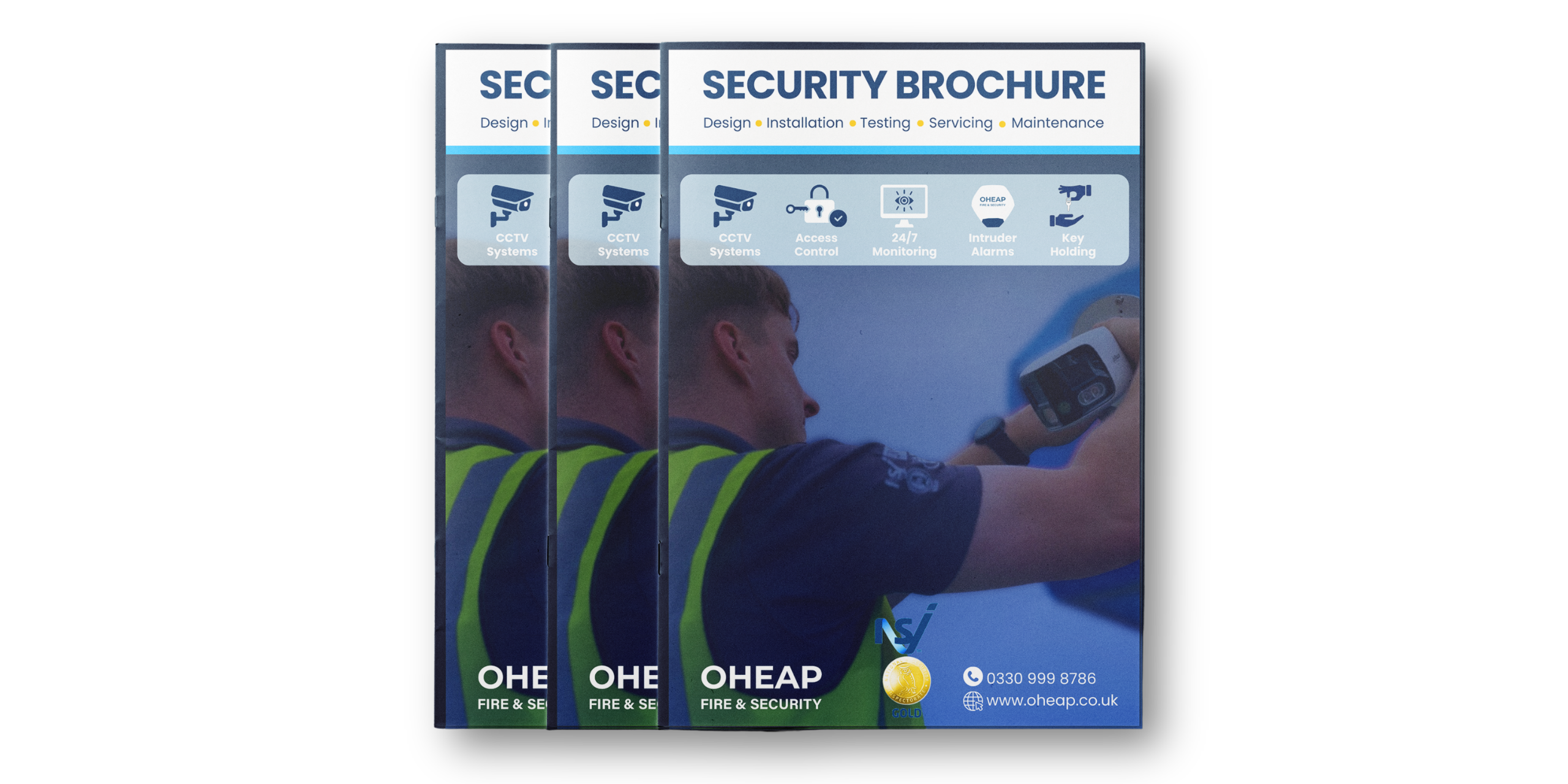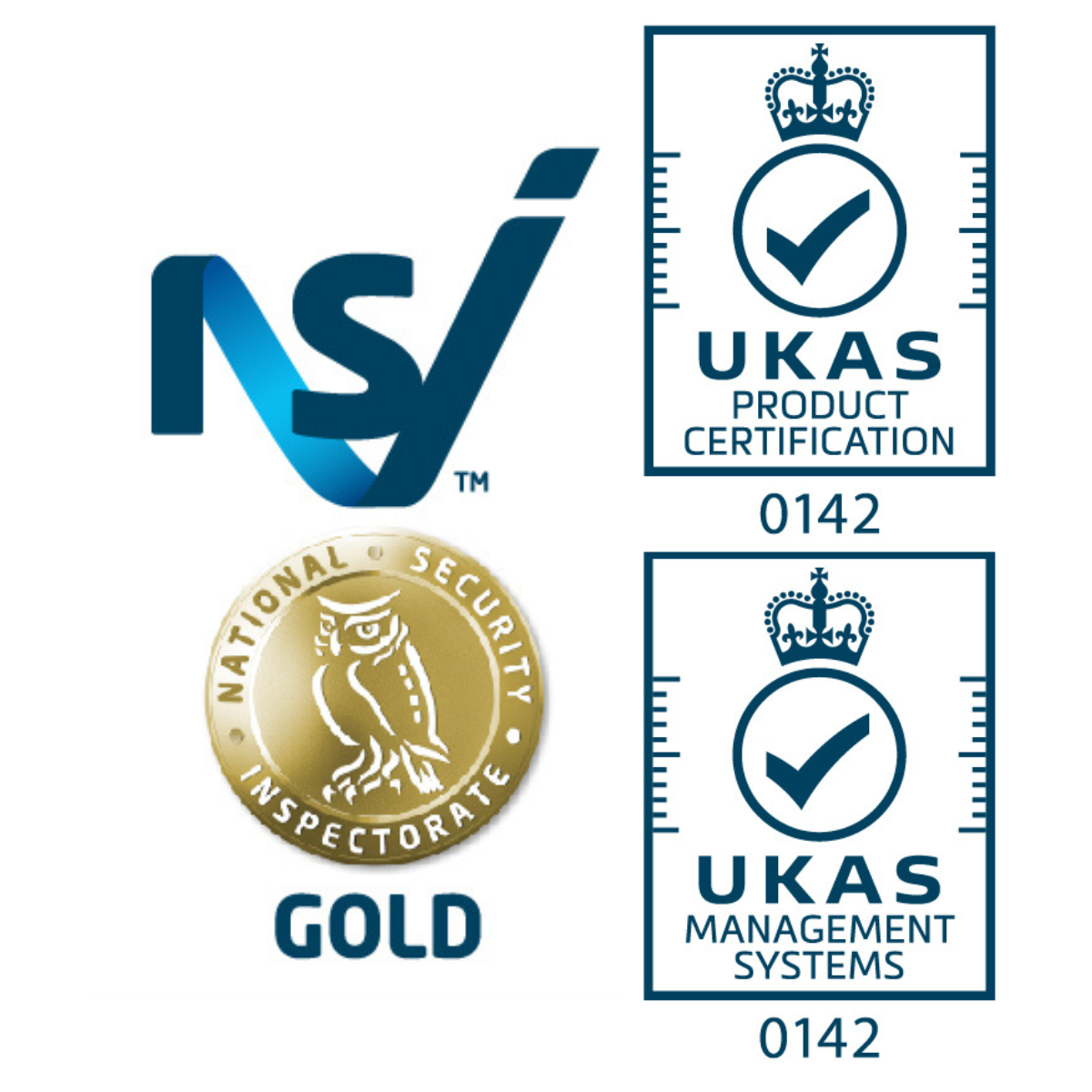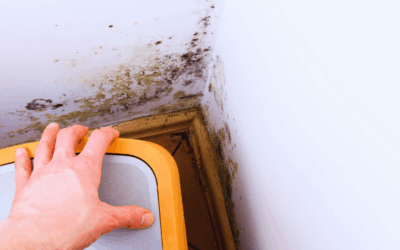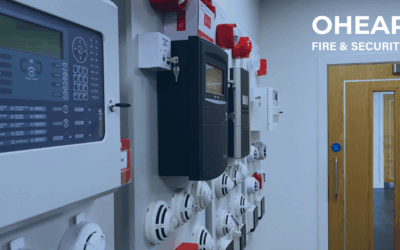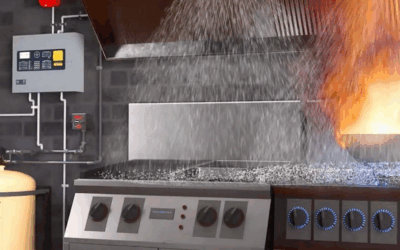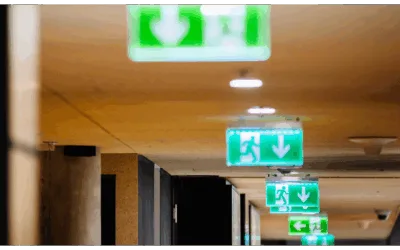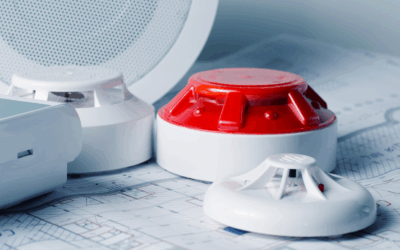Security Systems
Access Control Systems
Request a Call Back - Access Control
Access Control and Security Systems
Being able to control access to your physical assets can be vital when it comes to securing, protecting, and growing your business.
Access control and security systems mean you can protect your business, whilst also managing access if people forget keys and audit trails of who has accessed your premises.
What We Offer
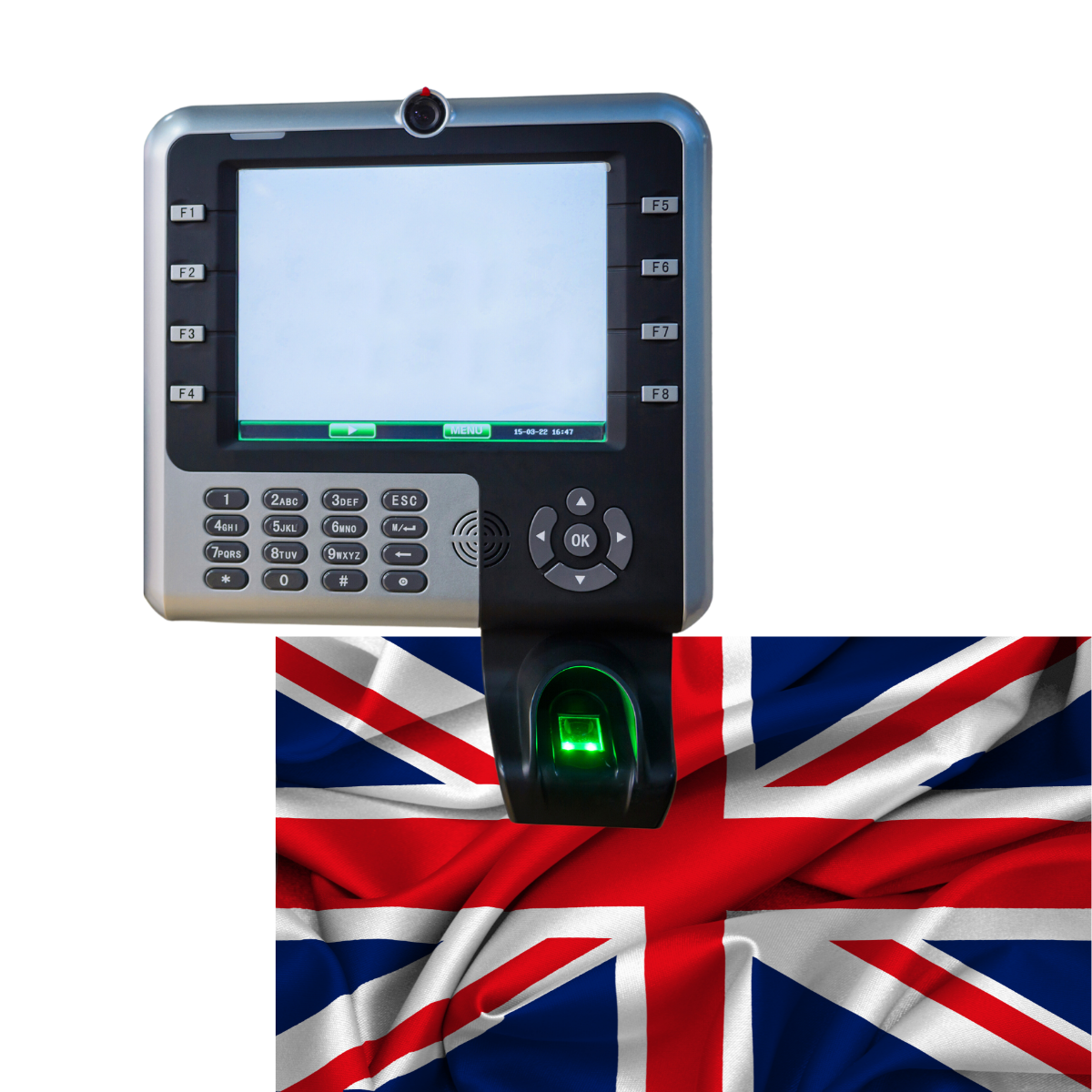
Commercial Access Control
Access control and security systems allow you to manage who can get into certain areas of your environment. Using access control security means you can utilise a variety of identification tools and methods to manage access to specific areas, rooms and storage locations.
Access control systems are particularly critical if you manage vulnerable people, confidential or sensitive information, valuable assets or toxic or harmful material. If you need to restrict, manage, report, control or audit access to something, access control security is what you need.
There are a variety of different methods of granting access, from standard key fobs and magnetic strip cards through to biometric methods that use fingerprints or retina scanning to determine access. OHEAP Fire and Security provide a full design, installation, service and monitoring service to ensure your access control system is robust and effective.
Products made in Britain
NSI Gold Accredited
System Design, Install, Service and Monitor
Over 30 years experience
Access Control in Security: Biometrics and Barriers
We take a closer look at the most commonly used access control security methods: biometrics and barriers
The main differences include:
- Biometrics: Identify users based on their unique biological characteristics such as fingerprints and retina scans. This technology is not new, but it does use a significant amount of technology to grant access. As a result, it is most commonly found in very high security locations such as banks, airports and even care settings.
- Barriers: These are physical barriers that prevent unauthorised entry into a defined space by controlling entry points (e.g., turnstiles). These barriers can be operated with a code keyed into a keypad, key fob or magnetic card.
24/7 Monitoring & Key Holding
NSI Gold Accredited
Latest Integrated Technology
How Does An Access Control System Work?
Installing access control security solutions allows organisations to control and monitor who can enter specific locations within their premises, ensuring that only authorised individuals gain entry. These systems use a variety of options to restrict access at the point of reference. These include: key fobs; magnetic card readers, biometric scanners such as retina or fingerprint readers; and keypads.
An access control solution authenticates and authorises individuals based on predefined criteria. For example, credentials or biometric information. Access control technology is essential if you need to prevent unauthorised access to sensitive or restricted areas.
There are three main types of access control security systems: Discretionary, Mandatory, and Role-based.
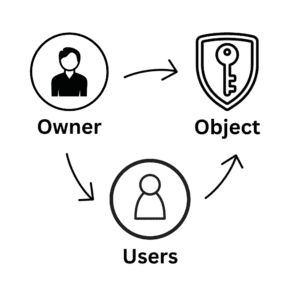
Discretionary
Discretionary access control is identity-based. These measures are taken to control user access and provide users with control of their sensitive information. Discretionary systems are, therefore, the perfect choice for homes and smaller businesses.
Discretionary systems allow the resource owner to reduce risk by providing access to only those they wish to access their environment. The owner can also only grant access via user identification, username and password.

Mandatory
A mandatory access control model has a higher level of security. Mandatory access also ensures that the end user doesn’t control who has access to the premises. With a mandatory system, only the system administrator and owner have authentication and authorisation over who has access granted.
This type of access control works on any type of property, but it’s best suited to small and medium-sized businesses. Adding and removing access to relevant areas is a time-consuming process that involves no automation. This wouldn’t be practical for businesses with a large number of employees.
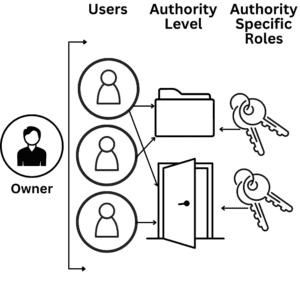
Role-based
Role-based access control (RBAC), is an access control model that restricts access based on a person’s role within an organisation. This has become one of the main methods for advanced access control in a business or large organisation. The roles in RBAC refer to the levels of access you grant employees. These are based on their function within the company itself to reduce the risk. Using RBAC can restrict access to computer resources such as programs and modifying files, in additonal to physical access control.
For more information on how access control systems and security solutions can protect your premises, read Exploring Commercial Access Control Security Systems.
Request a Call Back - Access Control
Our Guide To Complete Security
Click the image below to explore the range and variety of security systems we can supply, install and service for your business.
Our team of security system experts are always available to contact if you would like to discuss your security system with one of our consultants. Contact them today on 0330 999 8786
Get A Quote
PAGE: Access Control
Fire Safety & Security
Insights, Blogs and Guides
Different Types of Kitchen Suppression Systems
Kitchen fire suppression systems provide rapid, autonomous fire detection and suppression. But knowing how to choose the right type for your kitchen can be challenging. In this guide, we’ll explore what makes each system unique, how they work and offer tips to help...
Awaab’s Law | Guide for HMOs and Landlords
If you’re a landlord, housing provider, or HMO manager, Awaab’s Law is something you can’t afford to ignore. This new legislation ensures no tenant ever has to live in unsafe, damp, or mouldy conditions again. It introduces strict responsibilities and deadlines for...
New British Standards for Fire Alarms | Guide to BS 5839-1:2025
In this guide, we break down the key fire alarm updates introduced in BS 5839-1:2025. From new design and cabling rules to updated installation and maintenance standards, we’ll cover what’s changed, what it means for compliance, and how you can prepare your systems...
Kitchen Fire Suppression Systems | Complete Guide
Kitchen fire suppression systems deliver active fire protection instantly for commercial kitchens.What is a Kitchen Fire Suppression System? A kitchen suppression system is an automatic fire safety measure designed for high-risk cooking areas such as fryers and...
School Emergency Lighting | Fire Safety Guide
School emergency lighting is a UK legal requirement under the Regulatory Reform (Fire Safety) Order 2005, supported by British Standard BS 5266. The purpose of emergency lights in schools is to: Protect students and staff during blackouts. Illuminate guidance towards...
The Consequences of Breaching Fire Safety Standards
A fire alarm engineering company was recently investigated after failing to meet fire safety standards in a care home. Their breaches of the Regulatory Reform (Fire Safety) Order 2005 led to costly fines which were exacerbated by care homes now being considered...

